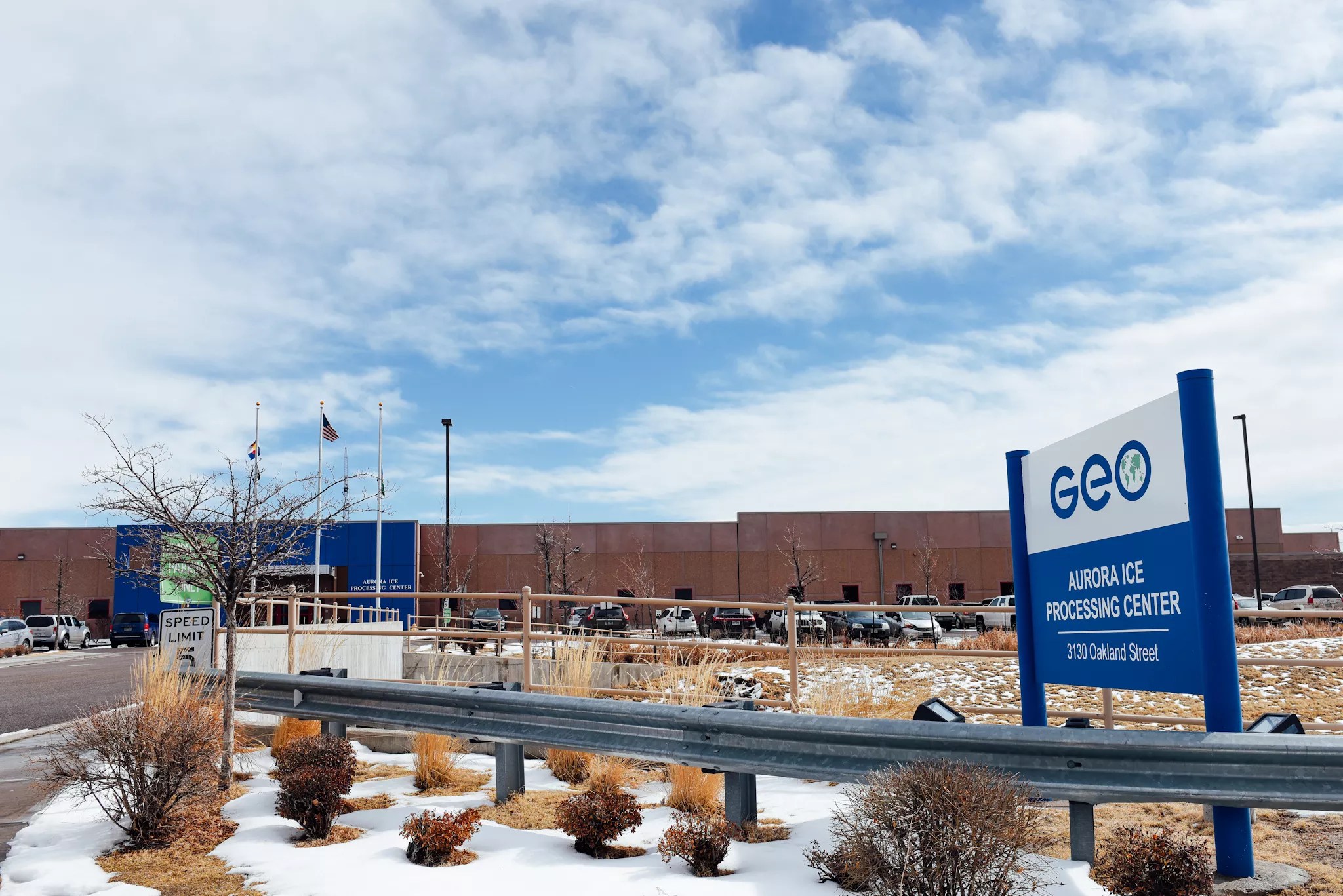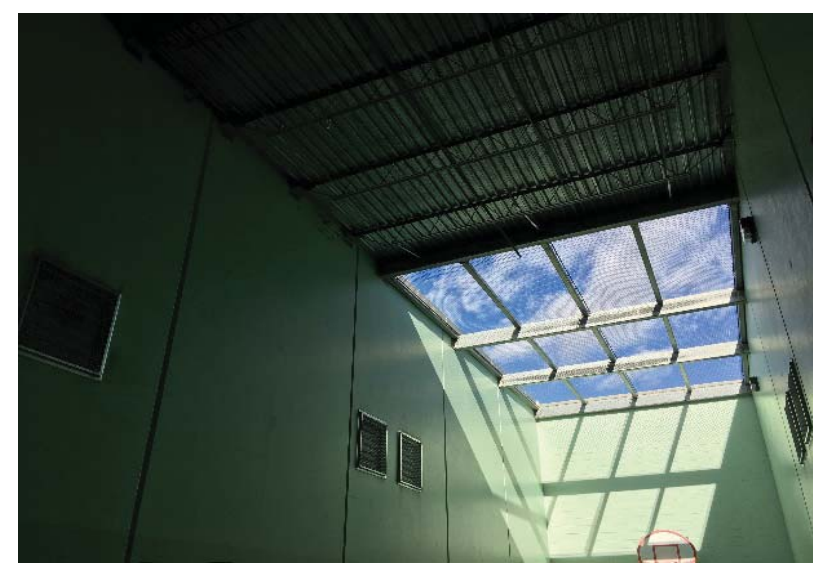
Kenzie Bruce

Audio By Carbonatix
Months before taking office, President Donald Trump promised mass deportations by federal Immigration and Customs Enforcement. After his inauguration on January 20, Trump wasted little time, declaring an emergency at the southern border with Mexico and deploying armed forces to patrol the border and install additional barriers.
On January 21, Tom Homan, Trump’s border czar, went on Fox News to announce that deportations targeted at criminals have started. “ICE teams are out there as of today,” Homan said. “Out of the gate, it’s public safety threats, those who are in the country illegally that have been convicted, arrested for a serious crime. But let me be clear: There’s not only public safety threats that will be arrested, because in sanctuary cities we’re not allowed to get that public safety threat in the jail, which means we’ve got to go to the neighborhoods and find them.”
Homan added that the Department of Homeland Security, which oversees ICE, issued a memo on January 21 to “repeal limits on ICE agents,” allowing them to make arrests at hospitals and schools.
On the campaign trail, Trump promised “the largest deportation in the history of the United States,” calling the plan Operation Aurora. In early August, an embattled landlord in Aurora claimed that Tren de Aragua, a Venezuelan gang, had taken over his apartment complex. A couple of weeks later, footage circulated online of six armed men walking through the halls of another apartment complex owned by the same landlord and his company, CBZ Management. The TdA controversy attracted Trump to Aurora for an October campaign stop, where he delivered a speech flanked by mug shots of arrested Venezuelans with suspected ties to TdA.
Aurora is home to an ICE detention facility at 3130 Oakland Street. The facility has more than 1,500 beds and usually holds between 200 to 300 detainees arrested for deportation, according to ICE.
The American Civil Liberties Union noted in an October report that Trump can’t accomplish a mass deportation plan “without mass detention as an interim step.” ICE has about 200 detention facilities across the country, according to the National Immigrant Justice Center, but Colorado’s only facility is in Aurora.
Aurora’s ICE Facility Is Run by a Private Prison Company
GEO Group. a for-profit, multinational private prison company, has been running the Aurora facility since 1986 through a contract with ICE; GEO Group claims the Aurora facility is one of the first privatized detention facilities in the United States. According to GEO Group’s financial reports, the detention center’s annual revenue is around $2.4 billion.
The facility’s name is the Denver Contract Detention Facility, despite being located squarely in northern Aurora and Adams County. GEO Group staffs the facility with security, administrators and physicians, but the detainees are in the custody of ICE, which arrests them on deportation orders and holds them for court proceedings.
GEO Group runs about eight ICE detention facilities across the country, including in California, Texas and Louisiana. Federal ICE standards must be followed, but in 2019, a report by the Office of Inspector General at DHS concluded thatGEO Group violated ICE standards for outdoor recreation, in-person visits and solitary confinement.
Asked how GEO Group is preparing for Trump’s mass deportations, the company says it is investing $70 million in housing, transportation and security to “meet the anticipated requirements of the federal government’s immigration law enforcement priorities.”
“All of our contracted facilities and services are closely monitored in accordance with strict government contract standards,” GEO Group says in a statement. “We are proud of our record of working closely with federal, state, and local government agencies to ensure that all persons entrusted to our care are treated in a safe, secure and humane manner.”

Federal investigators took this photo of what ICE refers to as an outdoor recreation space.
Department of Homeland Security, Office of Inspector General
Lawsuits Against Aurora’s ICE Facility
GEO Group has faced multiple lawsuits related to the Aurora detention facility, some of which are still in court.
In 2014, immigrants who were detained in the ICE Aurora facility filed a class-action lawsuit against GEO Group. The group of detainees were in a work program that offered them $1 a day, but claimed that staff employed by GEO Group threatened them with solitary confinement if they didn’t clean the common areas for free.
The Menocal vs. GEO Group, Inc. lawsuit was filed in the U.S. District Court of Colorado, but it didn’t go far. In 2015, a U.S. District Court judge dismissed part of the lawsuit that claimed GEO Group was violating state minimum wage laws, leaving only claims that it violated federal laws. In 2022, a judge granted GEO Group’s request for a stay, which stopped legal proceedings; since then, the case has remained in a court stay.
In December 2017, Kamyar Samimi, a 64-year-old Iranian national who had been in the U.S. for more than forty years, died while in ICE custody at the Aurora facility. Although he was married to an American citizen and had been a legal permanent resident, Samimi was arrested by ICE agents at his residence in Denver for deportation based on a felony drug possession charge.
Samimi died after a physician at the Aurora facility cut off his access to methadone. Samimi struggled with substance addiction most of his life, and after two weeks in the facility without methadone, he died from complications related to withdrawal.
In 2019, the ACLU of Colorado sued GEO Group and the physician for Samimi’s wrongful death. In 2020, the family of the Samimi settled with GEO Group but kept the details confidential, according to the ACLU.
In October 2022, Melvin Ariel Calero Mendoza, a 39-year-old Nicaraguan national, died while in ICE custody in Aurora from a pulmonary embolism. He had been transferred to the Aurora facility after turning himself in at the southern border to seek asylum.
Two years later, Mendoza’s family filed a wrongful death lawsuit in Adams County District Court against GEO Group and the facility’s medical director. The lawsuit alleges that GEO Group “failed to diagnose and treat a blood clot” in Mendoza’s leg, which could have saved his life. The lawsuit is still ongoing.
GEO Group has dealt with lawsuits related to ICE detention facilities in other states, as well. On January 16, the San Francisco-based U.S. Court of Appeals for the Ninth Circuit ruled that the company has to pay more than $23 million to the state of Washington and hundreds of immigrant detainees who were paid $1 a day through the same work program involved in the 2014 class-action lawsuit in Colorado.
Colorado Lawmakers Have Called for More Oversight
The Aurora facility sits in the Sixth Congressional District, which is represented by U.S. Representative Jason Crow. In early 2019, the facility had a chicken pox and mumps outbreak, and Crow was concerned when he was denied immediate entry to see how detainees were doing. Crow began to demand that Congress have immediate access to ICE detention facilities, and he and his staff were allowed to start weekly inspections of the facility.
Around the same time, Colorado Congressman Joe Neguse began pushing for an oversight hearing to look into GEO Group facilities across the country. In 2020, a U.S. House of Representatives subcommittee investigated Samimi’s death and concluded he died from “egregious violations” by GEO Group.
In 2022, Crow and Neguse, along with Congresswoman Diana DeGette, wrote a letter to then-President Joe Biden to end privately run immigration detention facilities, but Biden never acted on the request despite ordering the Department of Justice to end private prison contracts. Biden’s executive order, which Trump reversed on January 20, didn’t affect contracts with DHS, however, leaving ICE facilities in the clear.
Crow is still pushing to allow members of Congress easier access to immigration detention facilities. In December, he introduced the Public Oversight of Detention Centers Act with support from Republican Congressman John Rutherford from Florida. The bill would allow any member of Congress access to immigration detention facilities operated for or by DHS within 24 hours of a request.